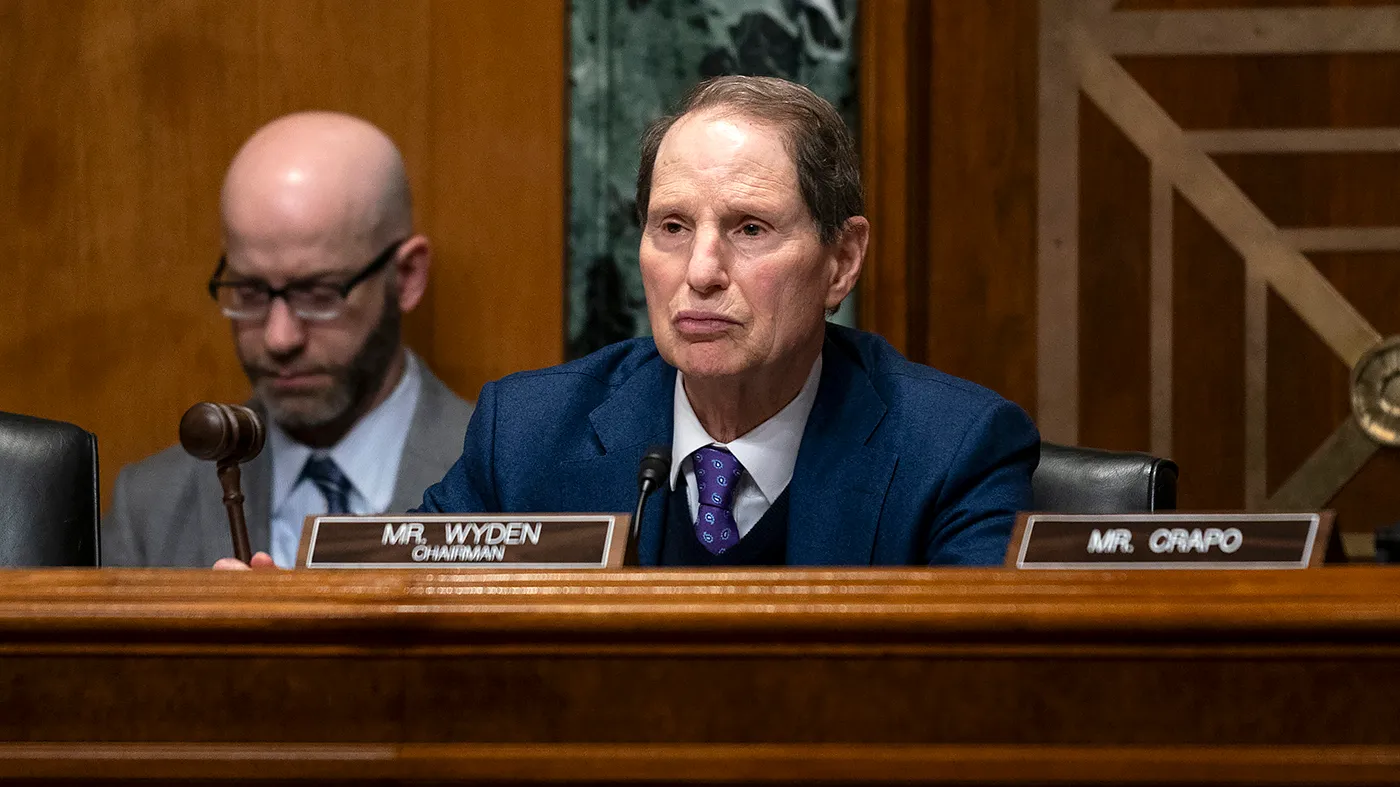Already a subscriber? Make sure to log into your account before viewing this content. You can access your account by hitting the “login” button on the top right corner. Still unable to see the content after signing in? Make sure your card on file is up-to-date.
Top officials in the Senate Finance Committee have intensified their probe into BMW’s use of electronic components from a banned Chinese supplier.

In a new letter to BMW North America CEO Sebastian Mackensen, Wyden questioned if BMW had thoroughly examined its supply chain to ensure no other products contained parts from JWD. “Is BMW certain that it is not currently importing vehicles containing components produced by JWD?” Wyden asked, demanding answers by June 21. He also requested information on actions taken to address any cars or spare parts containing JWD components imported after December 2023.
Although BMW did not immediately comment on the news, the company stated last month that it had halted the importation of the affected products and would replace the specific parts. BMW has maintained that it has “strict standards” regarding employment practices, human rights, and working conditions, which all direct suppliers must adhere to.
More on the UFLPA:
The UFLPA was enacted to prevent the import of goods from China’s Xinjiang region, suspected of being produced with forced labor by the Uyghur minority. The Chinese government has been accused of detaining over a million Uyghurs and other Muslim minorities in Xinjiang, subjecting them to forced labor in various industries, including textiles, electronics, and agriculture. These individuals are reportedly held in so-called “re-education camps” where they face severe human rights abuses, including restricted freedom of movement, intensive surveillance, and coercive labor practices. China denies the accusations, with officials equating the claims to “propaganda” and “smearing.”






